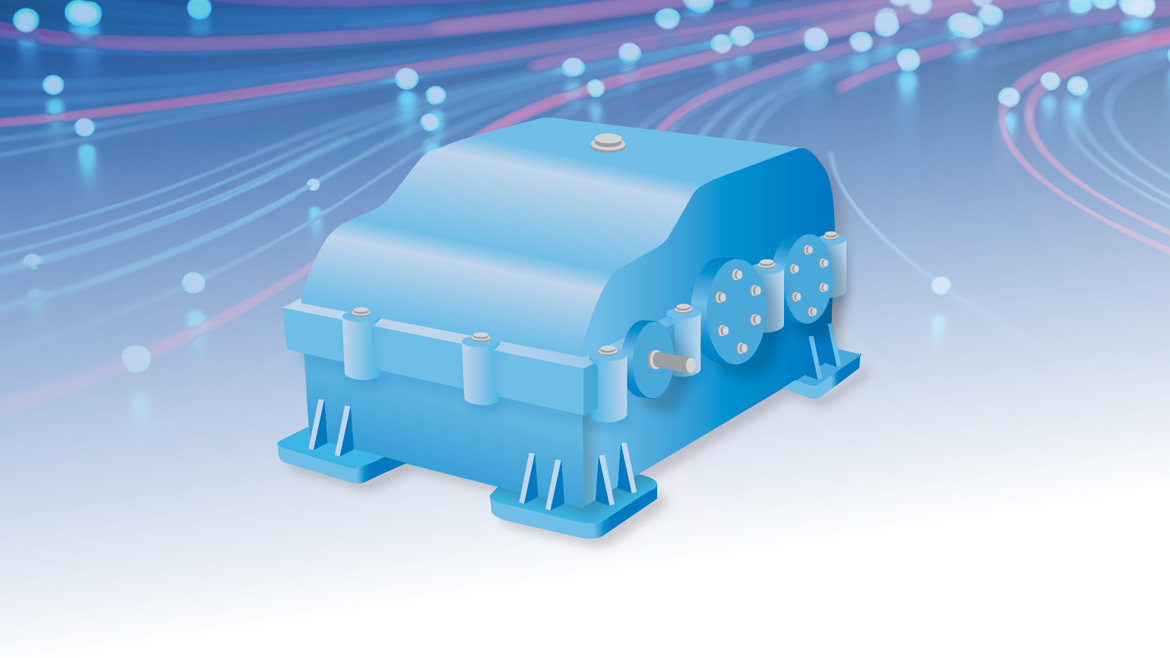Mobile:+86-311-808-126-83
Email:info@ydcastings.com
dc motor impeller
Understanding the DC Motor Impeller
A DC motor impeller is a crucial component in various engineering applications, particularly in pumps and fans, where the movement of fluids or air is essential. The combination of direct current (DC) motors with impellers allows for efficient and manageable propulsion mechanisms, resulting in versatile solutions for different industrial demands.
Understanding the DC Motor Impeller
An impeller is essentially a rotating component, often resembling a wheel, with vanes or blades that facilitate the movement of fluid. When attached to a motor, the impeller rotates at high speeds, creating a pressure differential. This differential draws fluid into the impeller and propels it outward, thus generating flow. The design of the impeller—including its shape, size, and the angle of the blades—significantly affects the efficiency and performance of the fluid movement.
dc motor impeller

When integrating DC motors with impellers, several design considerations must be addressed. Firstly, the compatibility of the motor's torque output with the impeller's fluid dynamic requirements is crucial. The impeller must be designed to withstand the forces generated during operation and to maintain optimal performance under varied conditions. Factors like cavitation—where vapor bubbles form in a liquid and can cause damage—must also be considered in the design process to enhance durability and efficiency.
Moreover, the selection of materials for both the motor and the impeller plays a critical role. Materials must be lightweight yet strong enough to handle the mechanical stresses while also being resistant to corrosion, especially in applications involving harsh chemicals or saltwater environments.
In practical applications, DC motor impellers are extensively employed in water treatment facilities, aquariums, HVAC systems, and even in medical devices like blood pumps. Their ability to maintain consistent flow rates and adapt to changes in demand makes them invaluable in these areas.
In summary, the integration of DC motors with impellers represents a harmonious blend of electrical and mechanical engineering principles. Their applications span various industries, highlighting their significance in modern technology. As innovation continues, advancements in materials and design will likely enhance the performance and efficiency of DC motor impellers, ensuring they remain integral to many mechanical systems for years to come. This evolving synergy not only promotes efficiency but also drives future advancements in fluid dynamics and motor technology.











